Loganair says the type of aircraft it operates could fly using hydrogen “well before the end of this decade” as the Scottish carrier unveiled its return to the black following losses during the pandemic.
Hydrogen is the front runner in the race with electrical power to fuel the aircraft of the future, says Loganair chief executive Jonathan Hinkles.
He also highlighted the carrier’s work in reducing existing pollution noting passengers opting to fly emitted “significantly lower” emissions than using a car and ferry.
Flying lower carbon than driving or by ferry
Mr Hinkles told the Press and Journal: “In many of the studies, if you are going from Edinburgh to Orkney, it was about 8.5 times lower carbon emissions flying with Loganair than it was to take your car and get on the ferry from Aberdeen to Kirkwall.”
But it is hydrogen where the airline boss believes some of the future lies, noting that sustainable energy is “more likely” to be in use first as a source to power aircraft than electricity.
“The good thing for us is it hydrogen lends itself to a fairly confined route network such as Loganair’s in the Highlands and Islands,” said Mr Hinkles adding: “The network we have would lend itself well to hydrogen infrastructure.
“This is moving more rapidly – hydrogen is becoming the front runner. I think it is eminently likely the timescale of aircraft we operate will be certificated for passenger carrying well before the end of this decade.”
The University of the Highlands and Islands (UHI) is already working with partners at the European Marine Energy Centre (EMEC), in Orkney and Highlands and Islands Airports to investigate the implications of hydrogen, among other alternative fuels on aircraft operations and airport infrastructure.
Airline for sale
Loganair recently announced after 25 years as investors in the airline – initially as part-owners and since 2012 as sole owners – Stephen and Peter Bond have decided to appoint advisors to review options for the sale of the company.
Mr Hinkles estimates it will probably be “well into next year” before it finishes analysis of potential suitors as the carrier unveiled its return to the black following losses during the pandemic.
“I don’t think anything will probably happen until the middle of next year,” said Mr Hinkles adding: “What was done (sale announcement) was at the very, very earliest stage – rather than keep it under wraps was say we are starting a process.
“By the time we have completed assessing interest from different parties, I think it will be well into next year.”
Back in black – “we are coping”
Loganair also revealed it had returned profits before tax of £4.98 million on turnover of £161m in the financial year to March 31 after two years of losses during the pandemic citing its strength not only in scheduled flights, but also across its work in the oil and gas, cargo and sporting charter services.
The UK’s largest regional carrier returned to the black in 2022 – the year in which the airline also celebrated its 60th anniversary – and also became Britain’s third-busiest carrier behind British Airways and EasyJet when measured by the number of flights operated.
Loganair’s liquidity is strong”
Loganair CEO Jonathan Hinkles
The airline also revealed a new long-term agreement with Virgin Money (formerly Clydesdale Bank), continuing a working relationship now spanning more than 20 years.
Repayments of the UK Government-backed CLBILS loan taken out by Loganair with Virgin Money to provide financial stability during the Covid-19 pandemic were made across the summer with the carrier having now repaid the remainder of the loan nine months ahead of the Government closure of the scheme.
“Loganair’s liquidity is strong,” said Mr Hinkles adding: “It is positive cash even after the CLBIS repayment. The long-term financial arrangement with Virgin Money gives us flexibility should the need arise.”
Major headwinds such as inflationary pressures, supplier cost increases and fuel price volatility sparked by the war in Ukraine are common challenges to all airlines but Mr Hinkles insists: “we are coping,” adding: “The wider challenge is very few of us are of an age who has lived through this before but we are confident we have a plan to be able to manage.”
Loganair is now in the “final mile” of its fleet renewal programme which for example is seeing its family of 17 Saab 340 aircraft – familiar to those in remote island communities and across the network – being replaced by ATR aircraft, the majority of which are on operating lease.
Loganair in the Highlands and Islands
In February this year, the carrier secured a new five-year contract with Royal Mail to operate its Highlands & Islands air services, delivering to Scottish islands by day and connecting to Royal Mail’s national network each night.
Four larger ATR72-500 cargo aircraft have been introduced to replace Saab 340 freighters for the new contract, with the older Saab aircraft being retired as part of wider fleet renewal plans.
Loganair dipped to around 715 full-time equivalent staff during the pandemic, but is back up to its pre-Covid strength of 840 now as many former employees return to the fold.
Mr Hinkles said: “I am pleased to say of everybody who was made redundant, many of them have since rejoined Loganair.”
The importance of the Highlands and Islands to Loganair’s business can be gauged by the fact the airline has 180 staff in the region, many based at Inverness, which is also the hub for the new Royal Mail logistics contract.
“We have hired a significant number of pilots in Inverness in recent months and have been recruiting for cabin crew and engineering there as well,” said Mr Hinkles adding: “And from Shetland to Islay we have been recruiting as well.
Loganair is the UK’s largest regional airline, operating a fleet of 42 aircraft across more than 70 scheduled routes within the UK and to Ireland, Denmark and Norway.
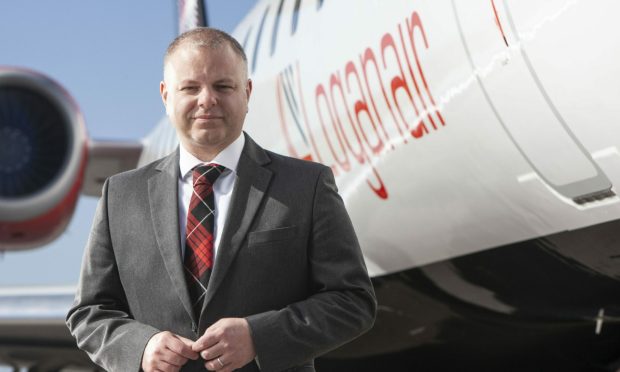
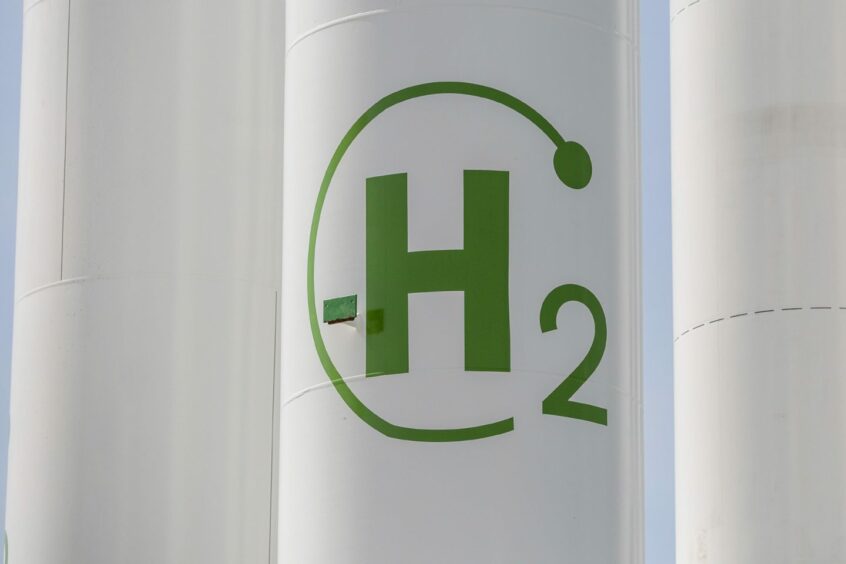
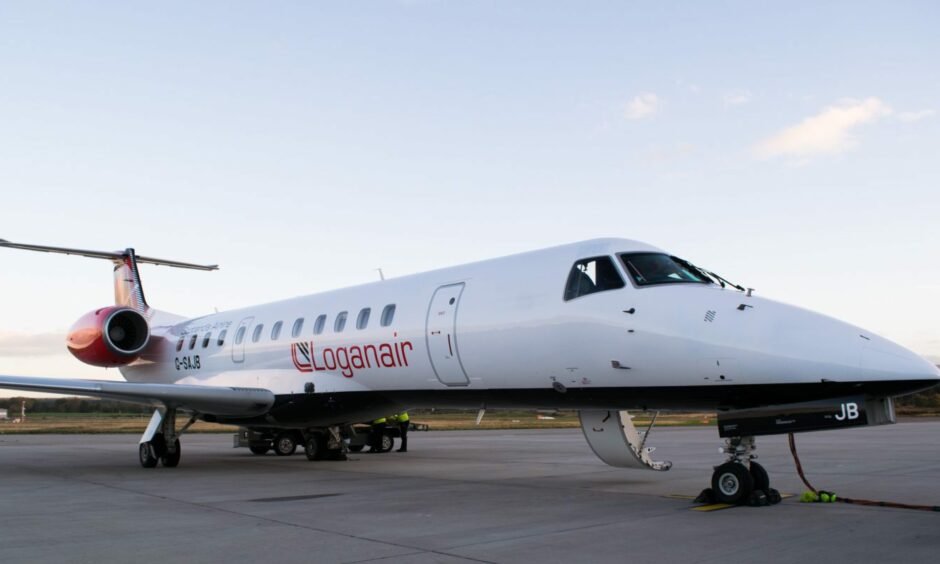
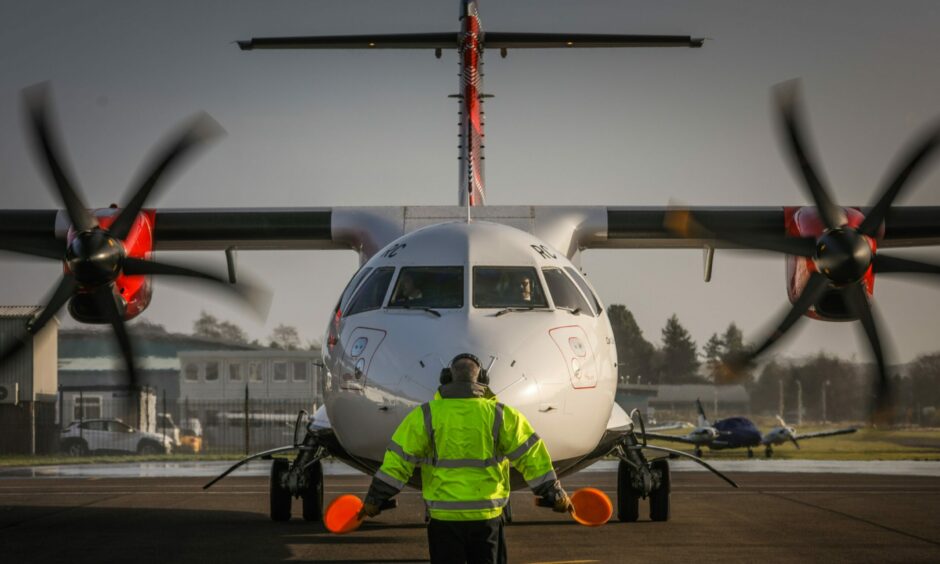
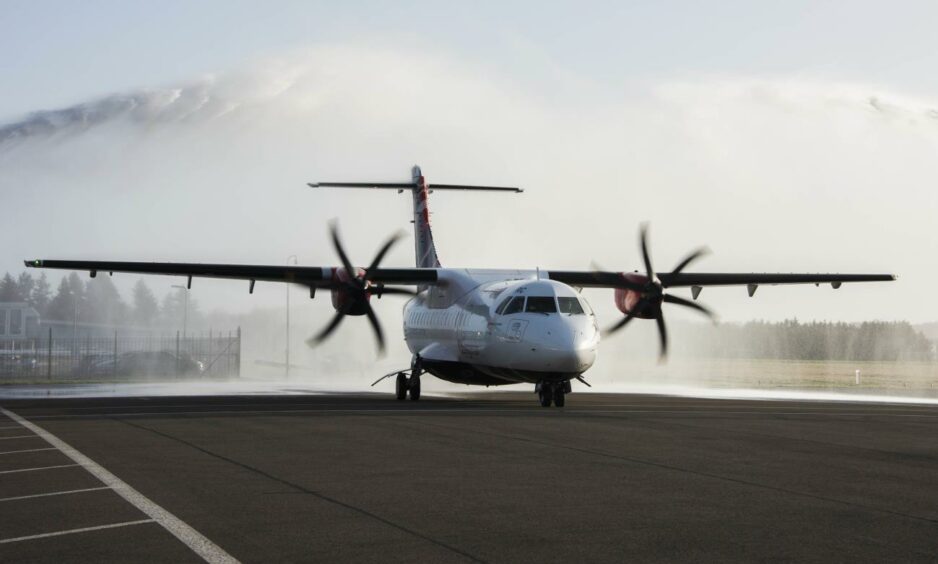
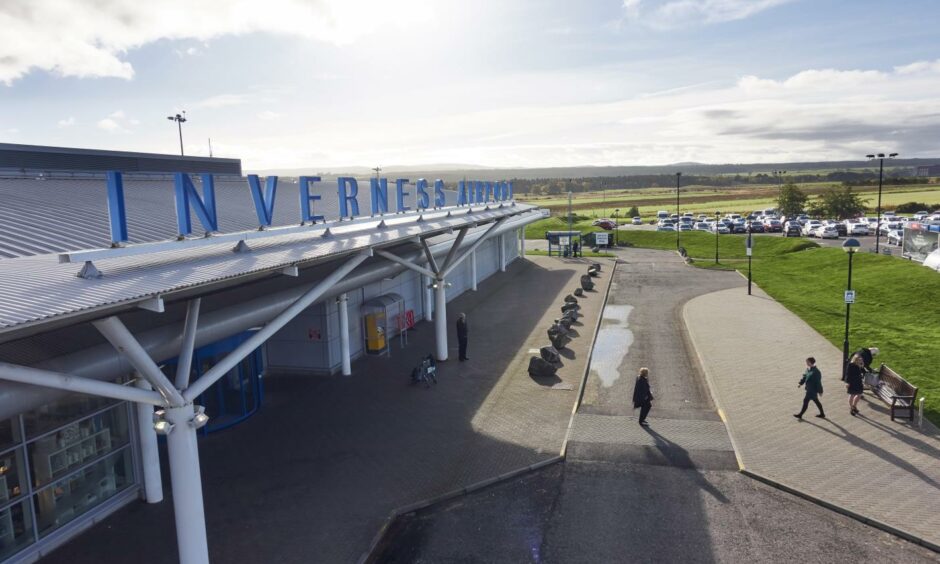
Conversation